tankless water heater
memah
12 years ago
Related Stories

GREAT HOME PROJECTSHow to Switch to a Tankless Water Heater
New project for a new year: Swap your conventional heater for an energy-saving model — and don’t be fooled by misinformation
Full Story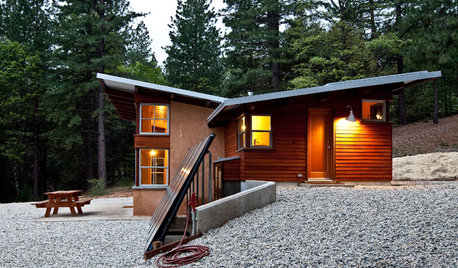
GREAT HOME PROJECTSHow to Add a Solar Water Heater
Lower energy bills without a major renovation by putting the sun to work heating your home’s water
Full Story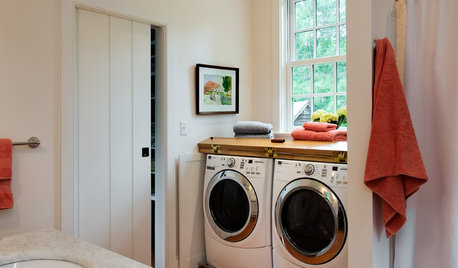
GREEN BUILDINGWater Sense for Big Savings
Keep dollars in your pocket and preserve a precious resource with these easy DIY strategies
Full Story
SAVING WATER11 Ways to Save Water at Home
Whether you live in a drought-stricken area or just want to help preserve a precious resource, here are things you can do to use less water
Full Story
GREAT HOME PROJECTS25 Great Home Projects and What They Cost
Get the closet of your dreams, add a secret doorway and more. Learn the ins and outs of projects that will make your home better
Full Story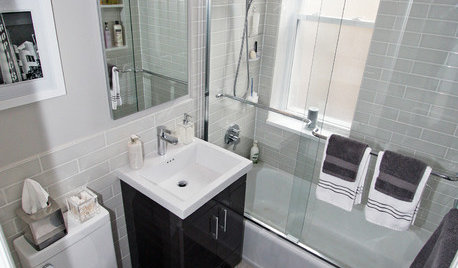
BATHROOM DESIGNWater Damage Spawns a Space-Saving Bathroom Remodel
A game of inches saved this small New York City bathroom from becoming too cramped and limited
Full Story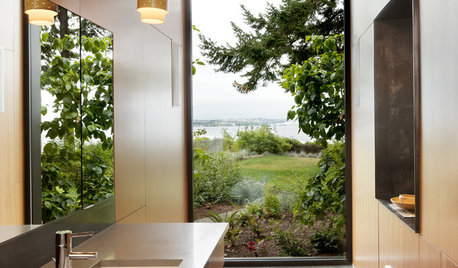
REMODELING GUIDES10 Tips to Maximize Your Whole-House Remodel
Cover all the bases now to ensure many years of satisfaction with your full renovation, second-story addition or bump-out
Full Story
LANDSCAPE DESIGN10 Ideas for a Creative, Water-Conscious Yard
Check out these tips for a great-looking outdoor area that needs less water
Full Story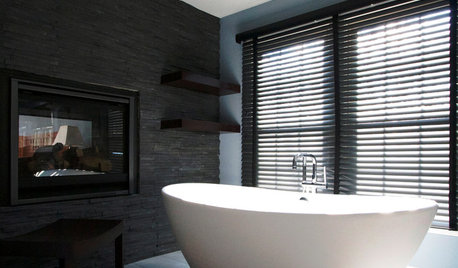
BATHROOM DESIGNDreaming of a Spa Tub at Home? Read This Pro Advice First
Before you float away on visions of jets and bubbles and the steamiest water around, consider these very real spa tub issues
Full Story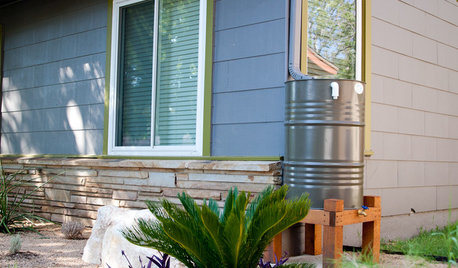
GREEN DECORATINGEasy Green: Big and Small Ways to Be More Water-Wise at Home
These 20 tips can help us all make the best use of a precious resource. How do you save water in summer?
Full Story





asolo
ionized_gw
Related Professionals
Avondale Kitchen & Bathroom Remodelers · Camarillo Kitchen & Bathroom Remodelers · Centerville Kitchen & Bathroom Remodelers · Chicago Ridge Kitchen & Bathroom Remodelers · Ewa Beach Kitchen & Bathroom Remodelers · Glen Allen Kitchen & Bathroom Remodelers · Hanover Township Kitchen & Bathroom Remodelers · Kendale Lakes Kitchen & Bathroom Remodelers · Lakeside Kitchen & Bathroom Remodelers · Lisle Kitchen & Bathroom Remodelers · Pico Rivera Kitchen & Bathroom Remodelers · Placerville Kitchen & Bathroom Remodelers · Port Orange Kitchen & Bathroom Remodelers · Lawndale Kitchen & Bathroom Remodelers · Westminster Kitchen & Bathroom Remodelersdadoes
lazypup
dadoes
memahOriginal Author
Madeline616
jakethewonderdog
Madeline616